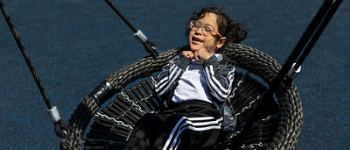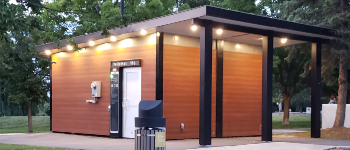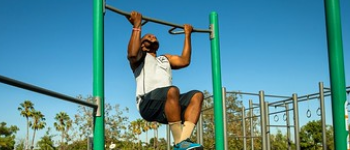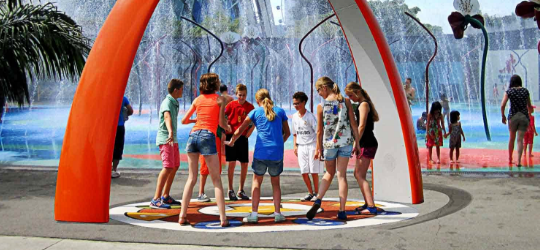Guide to Playground Games and Activities for Every Age
Dec 16







Dec 21
It’s no secret that kids have endless amounts of energy. Adding free play and aerobic exercise into their daily routines will help burn off some of that energy and introduce other added benefits.
When children and teens participate in regular physical activity, studies have shown that this promotes health and fitness habits that stick as they age.
In this blog, we’ll explore how much exercise kids need on a daily basis and beyond.
Compared to children who are inactive, physically active kids and teens have a higher level of cardiorespiratory fitness and stronger muscles. They also have lower body fat and stronger bones.
Cognitively, physical activity has lots of benefits for school-aged children, including reduced symptoms of depression and improved cognition.
Here’s how much daily physical activity the U.S. Department of Health and Human Services recommends for children in its Physical Activities Guidelines:
When toddlers and preschoolers play on playgrounds or indoor playsets, they’re building strength and testing their confidence and bravery. Kindergarteners and elementary students continue honing their skills and strength, but exercising also helps improve hand-eye coordination, spatial awareness and more.
Time spent on playgrounds or playsets also increases self-esteem, self-confidence, stimulates brain activity and helps the body release feel-good endorphins. When they play with other children, they’re also building social skills.
According to HHS, both acute bouts and regular moderate- or vigorous-intensity physical activities improve the cognitive functions of memory, executive function, processing speed, attention, and academic performance for children.

Depending on their age, children and adolescents are capable of completing aerobic, muscle-, and bone-strengthening physical activities. Here are a few you can try.
For activities little ones can enjoy on the playground, check out this post.